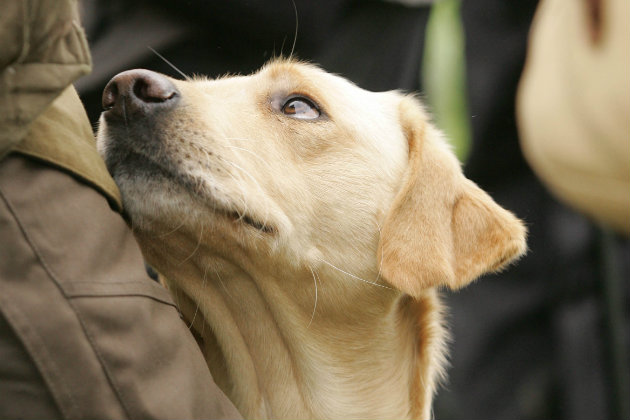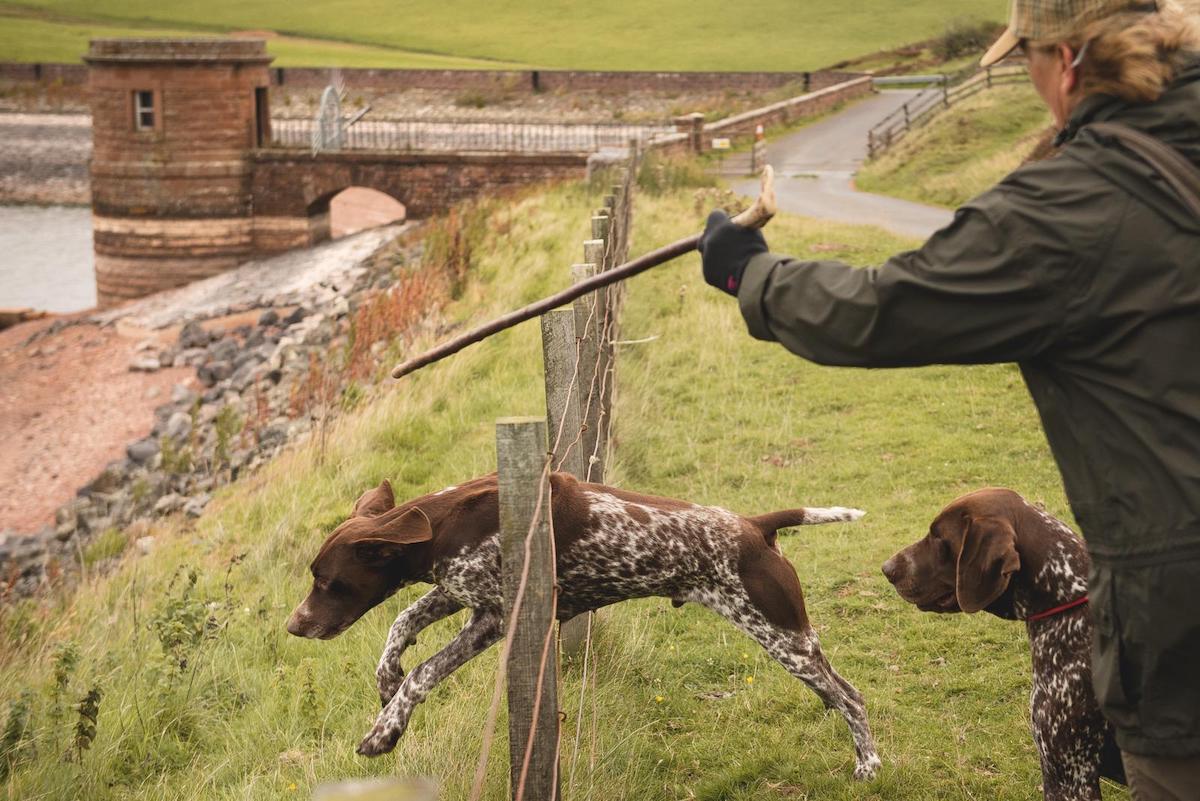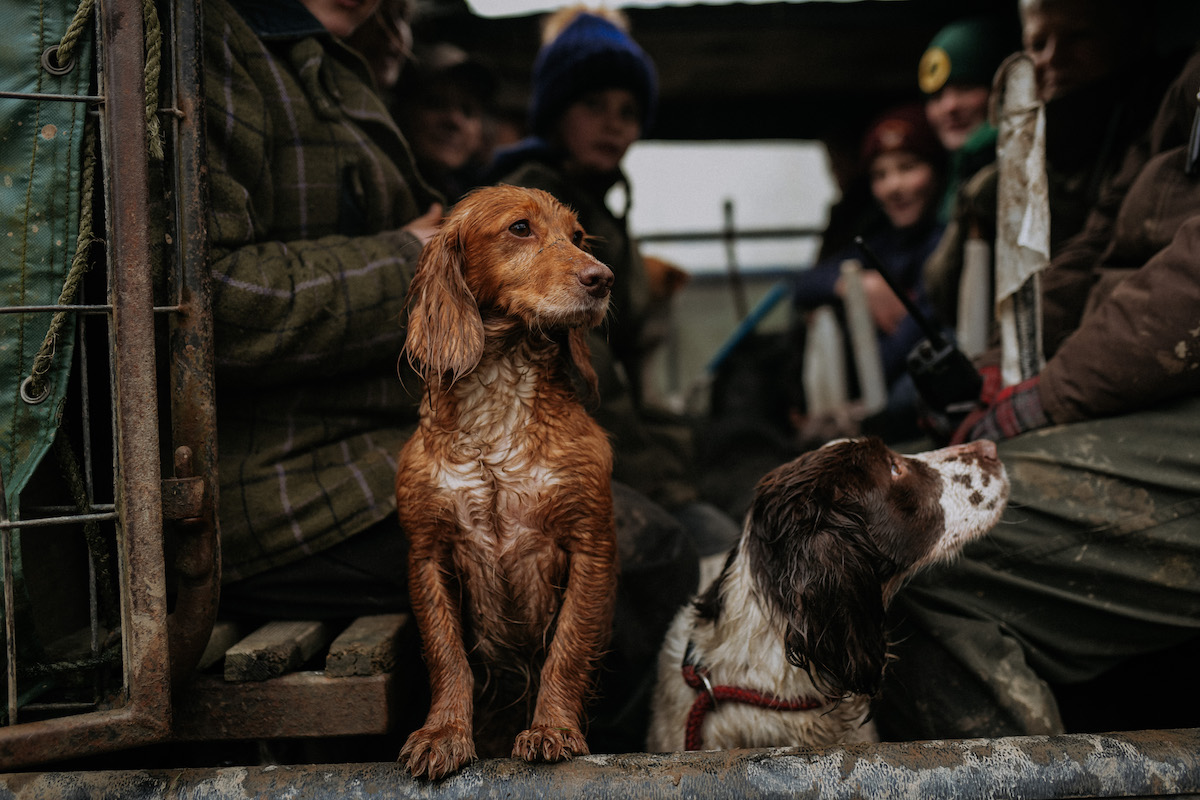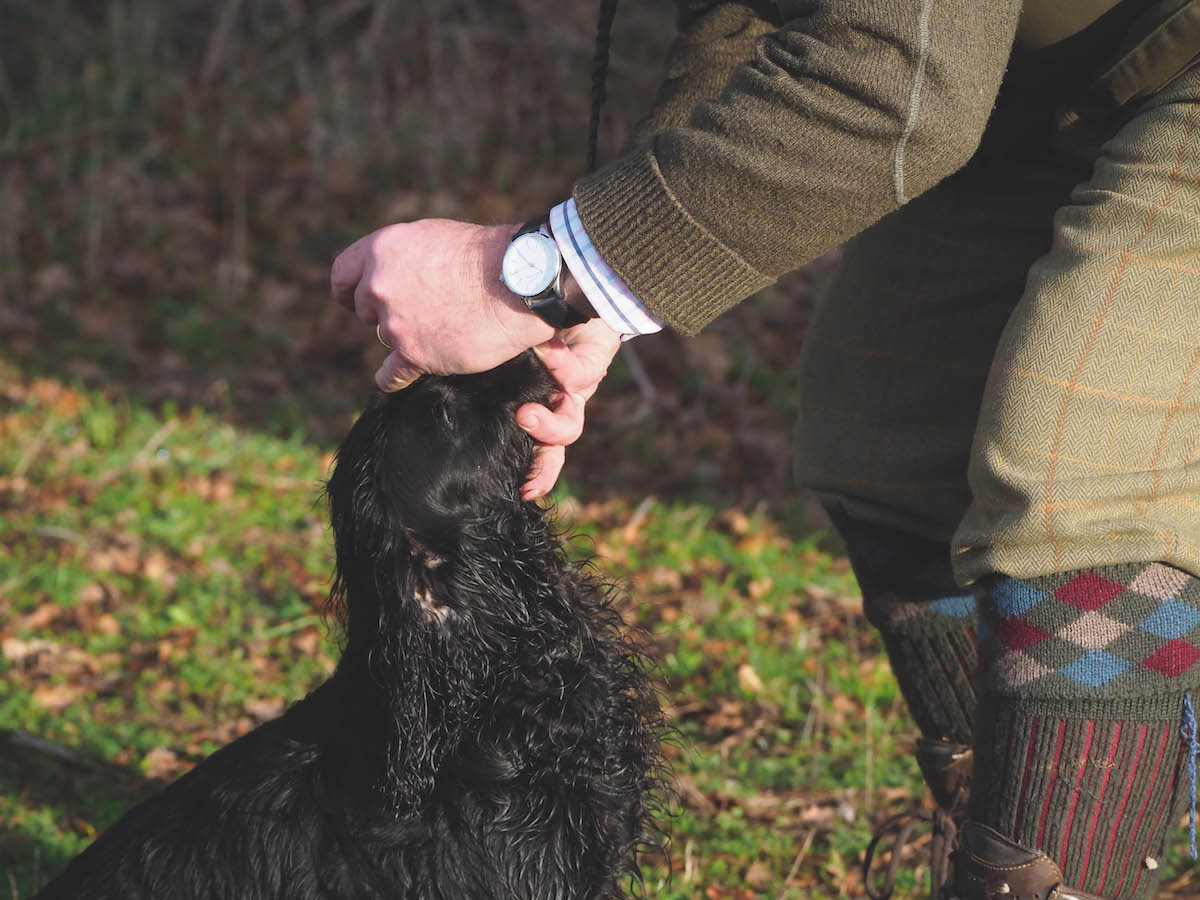How to stop Kennel Cough
Kennel cough is nasty, infectious and can be fatal. Here's how to deal with it.

Kennel cough or bordetella bronchiseptica (infectious bronchitis) is highly contagious and is called ‘kennel cough’ because it can be easily spread wherever there are many dogs in one place. So places such as kennels or dog shows can be risky.
How kennel cough is spread
- Viral and bacterial causes of canine cough are spread via airborne transmission
- Kennel cough can be inhaled, or transmitted through direct contact
- It is infectious during its 10-day incubation period
- The disease can still be spread for up to 10 weeks after coughing has stopped
- Evidence shows that it can be passed from dogs to cats and vice versa
- Symptoms are sneezing (in the early stages), a cough and nasal discharges.
- There may be a loss of appetite in severe cases
- Afflicted dogs usually recover from symptoms in two to three weeks
How to spot it
- After a few days of being unwell, the dog will suffer from a hacking cough whenever it exercises or gets excited
- The cough can throw up white froth and mucus. It might sound like the dog is gagging
- You can do the ‘tracheal pinch’ test, which involves giving the dog’s windpipe a gentle squeeze
- If the dog coughs when this area is pressed it suggests irritation in that area
- Affected dogs may be a little off their food. The cough will worsen over the first few days then, if untreated, gradually resolve after three to four weeks
- In young or old dogs kennel cough can become severe and in some cases may result in death
Should you vaccinate your dog every year? Is it necessary?
Vaccinating gundogs If you read any of the old dog books, you will be reminded that distemper was once the…
My dog hates having the kennel cough vaccine!
Neil says: Kennel cough is a bad name really. Most of the affected dogs that we see have never been near a…
More on kennel cough
- Exercise, excitement and exposure to cold air stimulates the cough and this then helps spread the disease
- High levels of air humidity in which the disease likes to spread; poorly ventilated kennels & foggy mornings
- Stressful situations which cause lots of barking
- Mixing with dogs of uncertain or no vaccination history
- Dogs with kennel cough should be rested to prevent it from coming back
How do I prevent kennel cough?
- Have your dog against Bordetella bronchiseptica – the kennel cough vaccine
- It is administered as drops in the nose which is quick, painless and effective
- Your vet will tell you how frequently your dog needs to receive the vaccination
- Your dog may still catch a cold or cough, but will be protected against the severe strain of Bordetella following vaccination
- Remember; the vaccination itself is not a fail-safe preventative
- Just like human influenza, even after vaccination, a canine is still able to contract mutated strains or less severe cases
- In kennels, the best prevention is to keep all cages disinfected, and any possibly-infected dogs separated










